Crime and Punishment
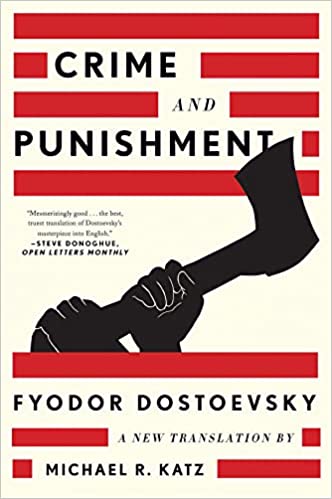
Dostoevsky stands among the great Russian novelists and world writers. In his characters, the reader encounters the complexity of human thought and desire, the quest for understanding ourselves, and the perennial questions that mark human interaction. Dostoevsky’s ideas at the time of the novel’s composition were very much informed by the radical political climate in St. Petersburg, ideas which Dostoevsky felt were morally and politically dangerous.
Don Quixote
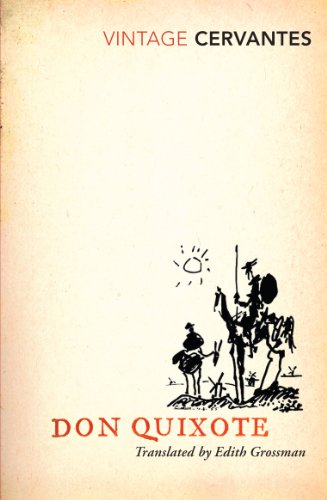
Don Quixote is often called the first novel. Despite the humor that suffuses the tale, it is a serious and even a tragic work. The laughter the novel provokes, and the distance combined with affection we feel for its noble yet ridiculous protagonist as he attempts to live out his ideals in a decidedly unsympathetic world, provoke examination of themes that students will feel deeply. Many of them, in coming to college, have themselves set off on a grand adventure. Like Don Quixote, they may be inspired by high ideals to advocate for causes to which they are deeply committed, only to find themselves met not with opportunities for heroism but by cynicism, bureaucracy, ridicule, and the insistent humdrum demands of everyday life.
Lysistrata
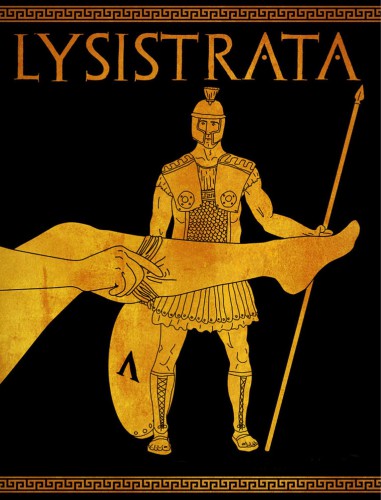
This text raises very directly questions about the role of women in society, about the place of war, and about the role of sexual desire both in individual relationships and in relation to the state. Students are likely to sympathize strongly with the Lysistrata, who is far more than simply the leader of the sex strike. In her attempts to persuade the women to forgo sex (which, the play makes very clear, they enjoy as much as the men) and in her conversations with the magistrate, she reveals herself to be a talented leader and someone who has given serious thought to the proper administration of the state.
Changes: A Love Story
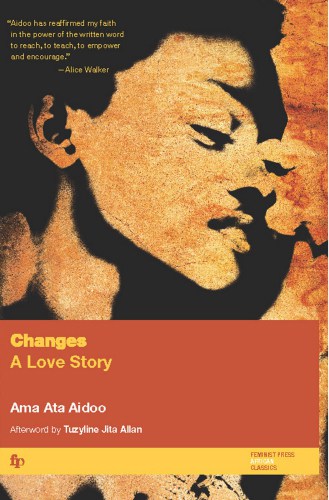
This is a story about modern African women and their frustration at the status quo where women’s rights are concerned. At the heart of the story is Esi, an educated woman, unhappily married woman, and mother. Esi has a good job that provides the bungalow she and her husband Oko live in with their daughter. After Oko rapes Esi in a desperate attempt to remind her of her place, she divorces him and sends her child to live with his mother, essentially freeing herself from the traditional gender roles.
Metamorphosis
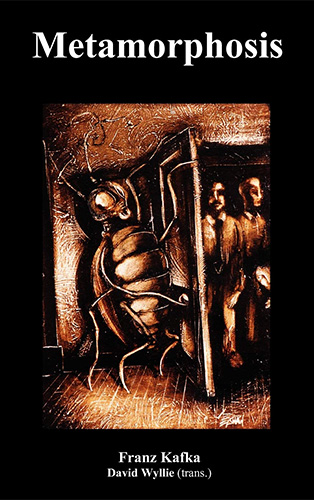
The Metamorphosis is about human suffering and is a perfect novella to introduce students to Kafka’s work. While the story can be disorienting in the beginning, as the reader progresses, they can relate to Gregor’s situation. The story is a complex narrative with multiple layers that explores variety of human emotions and relationships including, fear, frustration, disappointment, love, loneliness, suffering, meaning of death, and disgust.
Audre Lorde
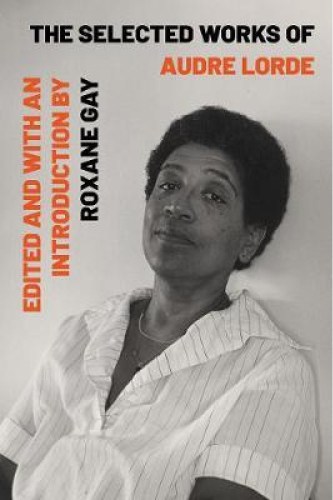
Audre Lorde praises, rages, turns a critical eye, desires. The poems are relentless in their observations of Black lives and loves. Lorde was a cultural observer who spoke passionately about the oppressive structures of race, gender, class and sexuality. She articulated the ways that, in the name of sameness, Black women’s experiences were devalued by white women and black men alike and how lesbian sexuality was threatening to both groups and could be used to silence her in both movements. In an interview with James Baldwin, she argued, “We need to acknowledge those power differences between us and see where they lead us. An enormous amount of energy is being taken up with either denying the power differences between Black men and women or fighting over power differences between Black men and women or killing each other off behind them.”
Sappho
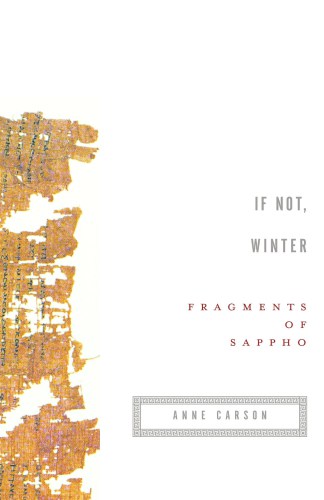
Using Sappho is a way to bring into the classroom themes around beauty, longing, loss and subjectivity. There are a number of ways to approach this text. One way would be to situate students in the middle of the fragmentation and rupture within the poems, as described above, in order to think through the jagged and jarring structure of the text, the ways of not knowing who a speaker is, and the silences that are in many ways louder than the actual words on the page.
White Teeth
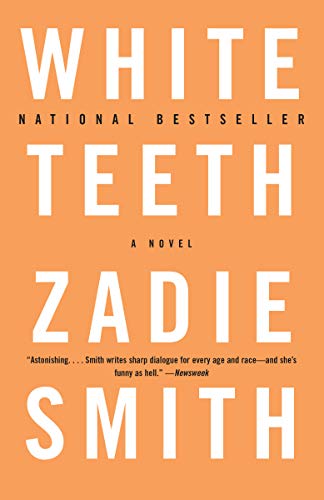
Smith tackles major issues around race, culture, history and the influence of science and religion with humor and humanity. There are many questions and few answers in the novel. Through her characters and their complicated histories, Smith explores the tensions between 1) the roots of history and the idealistic dream of a multicultural melting pot; 2) cosmopolitanism and patriotism; 3) science and religion; 4) idealized beauty and self-identity; 5) eugenics and genetic engineering. The story is told through multiple perspectives in both the first and second generations of the novel. It is at once funny, satirical and earnest. Smith has an ear for language and sharp observations of human desire, fear and motivation.
Beloved
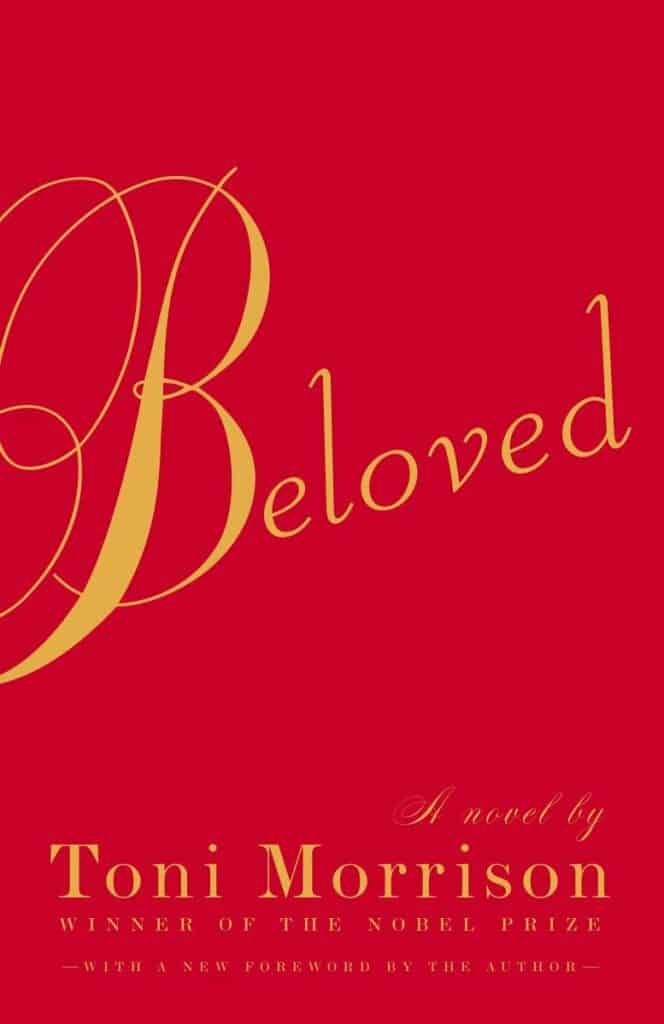
Beloved is a powerful novel. Upon finishing it, one student looked up and said, “I love this novel.” Perhaps the reason this student loved the novel so much is its insistence on the capacity for love and community, its belief in the possibility of healing. While Morrison focuses on the range of dehumanization of African Americans, from the image of the ceramic “blackboy’s mouth full of money” on the shelf in the home of two abolitionists (300), to the egregious dehumanizing capacity of schoolteacher who uses science as rationalization for enslavement and torture, she places the strength of community and the grace of self-love at the center of the novel. The novel is about memory, about how the past lives in the present but also the ways that the past can be healed and our bodies purified when we have a community toward which we can offer up our hearts.

